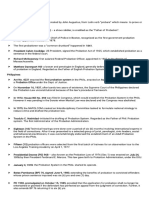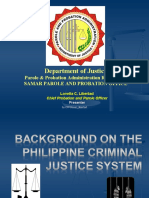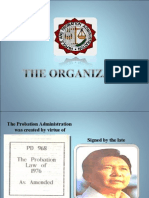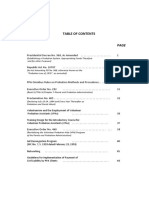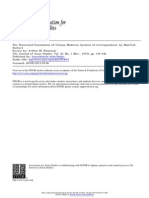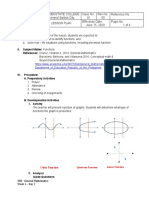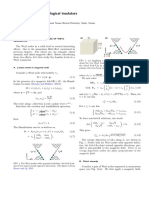0% found this document useful (0 votes)
107 views6 pagesParole & Probation: A Guide for PPA Staff
For educational purposes only
Uploaded by
SjszestCopyright
© © All Rights Reserved
We take content rights seriously. If you suspect this is your content, claim it here.
Available Formats
Download as DOCX, PDF, TXT or read online on Scribd
0% found this document useful (0 votes)
107 views6 pagesParole & Probation: A Guide for PPA Staff
For educational purposes only
Uploaded by
SjszestCopyright
© © All Rights Reserved
We take content rights seriously. If you suspect this is your content, claim it here.
Available Formats
Download as DOCX, PDF, TXT or read online on Scribd
/ 6



















